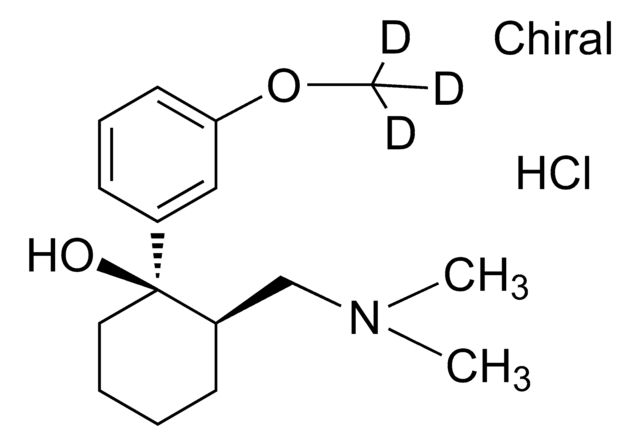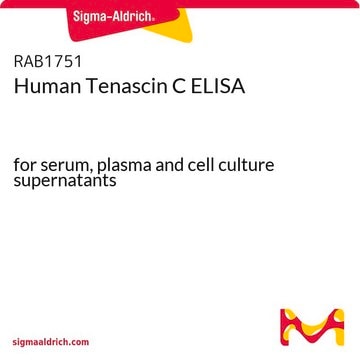CC118
Chicken Tenascin
Synonym(s):
Cytotactin, Tenascin-C
About This Item
Recommended Products
biological source
chicken
Quality Level
form
liquid
mol wt
large molecular weight polypeptide 190 kDa
large molecular weight polypeptide 200 kDa
large molecular weight polypeptide 220 kDa
manufacturer/tradename
Chemicon®
concentration
0.5 mg/mL
technique(s)
cell culture | mammalian: suitable
input
sample type neural stem cell(s)
sample type hematopoietic stem cell(s)
sample type pancreatic stem cell(s)
sample type: mouse embryonic stem cell(s)
sample type mesenchymal stem cell(s)
sample type epithelial cells
UniProt accession no.
shipped in
dry ice
storage temp.
−20°C
Gene Information
chicken ... CNTN5(395317)
General description
Physical form
Storage and Stability
Analysis Note
Legal Information
Disclaimer
Storage Class Code
12 - Non Combustible Liquids
WGK
WGK 2
Flash Point(F)
Not applicable
Flash Point(C)
Not applicable
Regulatory Listings
Regulatory Listings are mainly provided for chemical products. Only limited information can be provided here for non-chemical products. No entry means none of the components are listed. It is the user’s obligation to ensure the safe and legal use of the product.
JAN Code
CC118:
Certificates of Analysis (COA)
Search for Certificates of Analysis (COA) by entering the products Lot/Batch Number. Lot and Batch Numbers can be found on a product’s label following the words ‘Lot’ or ‘Batch’.
Already Own This Product?
Find documentation for the products that you have recently purchased in the Document Library.
Protocols
This page covers the ECM coating protocols developed for four types of ECMs on Millicell®-CM inserts, Collagen Type 1, Fibronectin, Laminin, and Matrigel.
Our team of scientists has experience in all areas of research including Life Science, Material Science, Chemical Synthesis, Chromatography, Analytical and many others.
Contact Technical Service








